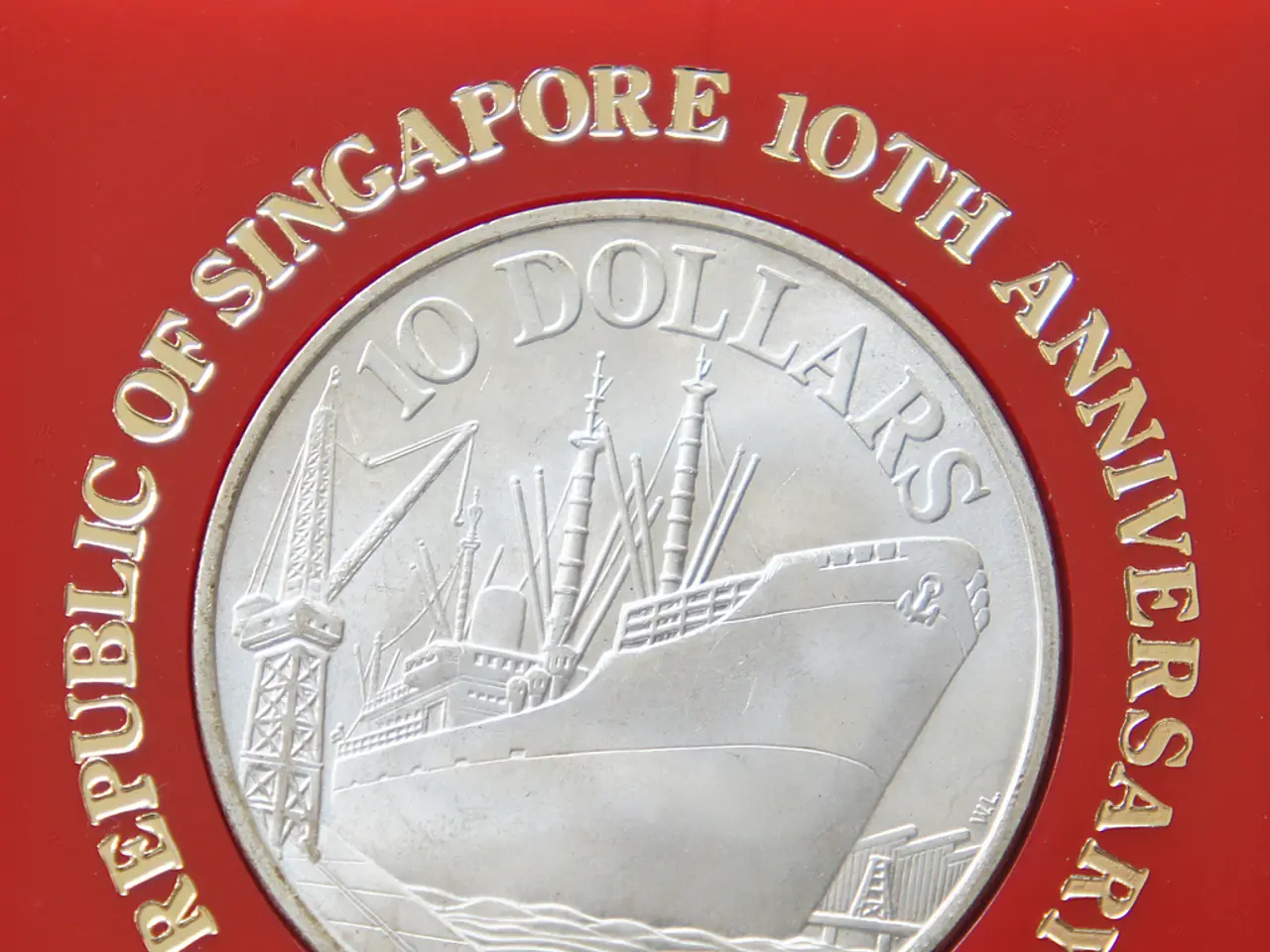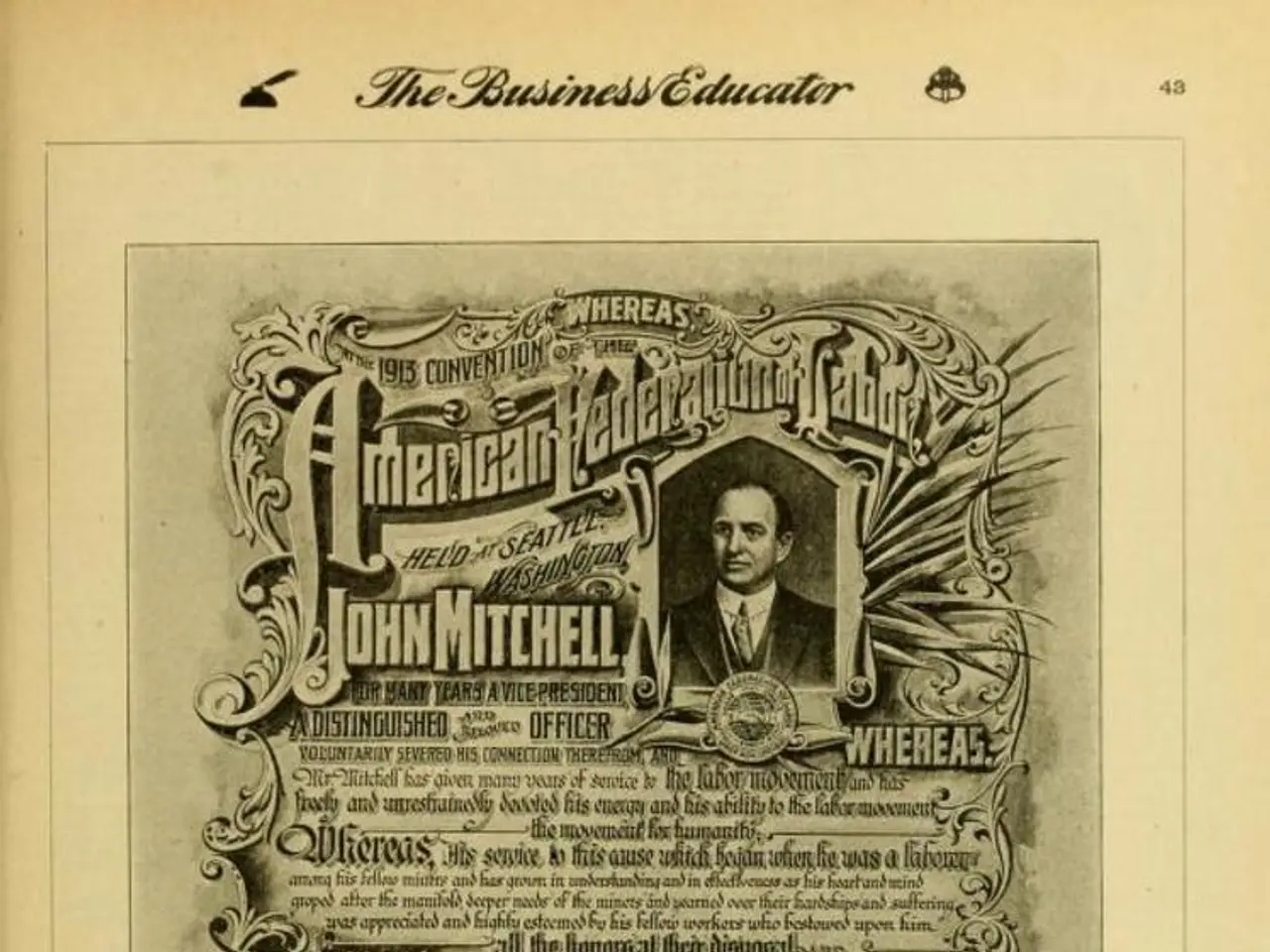UK authorities are prepared to initiate a legal action against Abramovich, alleging that the proceeds from the sale of Chelsea are at stake.
The UK government has announced its intention to sue Roman Abramovich, the Russian billionaire, over the £2.5 billion proceeds he made from selling Chelsea Football Club. The funds, currently frozen in a UK bank, are intended to be used for rebuilding efforts in Ukraine following the invasion by Russia.
Abramovich, No. 20 on the 2024 Russia's 125 Billionaires list, has refused to transfer the funds from the sale of Chelsea. The UK government, however, aims to redirect these assets to aid Ukraine, given Abramovich's alleged ties to Vladimir Putin and the sanctions imposed on him.
The sale of Chelsea to a consortium led by Todd Boehly for £4.25 billion in May 2022 has not been without controversy. Abramovich, who acquired the club in 2003 for £140 million, wants the funds to be distributed more broadly to all victims of the war, leading to a legal dispute over the use of these frozen assets.
Bloomberg reports that Abramovich decided to sell Chelsea after the start of the "special operation" on Ukraine, when he was included in the sanctions lists of the UK and EU. Under his leadership, the club won the English championship five times, the FA Cup five times, the League Cup three times, the Champions League, and the Europa League twice.
In a statement published on June 2, the UK government expressed its determination to ensure that the proceeds from the sale of Chelsea go towards humanitarian efforts in Ukraine. Abramovich, on the other hand, has proposed creating a charitable fund for the benefit of all victims of the conflict in Ukraine.
This legal action is part of broader UK government efforts to sanction and recover assets from Russian oligarchs connected to the Kremlin, as part of its foreign policy response to the war in Ukraine. The case highlights complex questions about ownership and proceeds from frozen assets, since without the initial frozen assets (Chelsea club), the proceeds would not exist, complicating the government's legal arguments.
This situation fits within a wider pattern of UK sanctions against Russian billionaires, which have been legally upheld in other cases, such as against Eugene Shvidler, a Russian oil tycoon linked to Abramovich.
No further detailed legal updates or resolutions on the Abramovich case were found in recent sources, but the UK government remains intent on securing these funds for Ukraine aid. The dispute also raises broader issues about the enforcement and legal challenges surrounding sanctions and asset recovery from oligarchs linked to Russia.
- In light of the UK government's intention to use the funds from Roman Abramovich's sale of Chelsea Football Club for Ukraine's rebuilding efforts, they have initiated a legal action to redirect these assets.
- The new business venture, a charitable fund proposed by Roman Abramovich for the benefit of all victims of the conflict in Ukraine, stands in contrast to the UK government's general-news objective of using the proceeds from the sale of Chelsea for humanitarian aid in Ukraine.
- The sports-related legal battle over the use of Abramovich's frozen assets from the sale of Chelsea Football Club is mirrored in the broader political context, as the UK government continues its efforts to sanction and recover assets from Russian oligarchs connected to the Kremlin.




